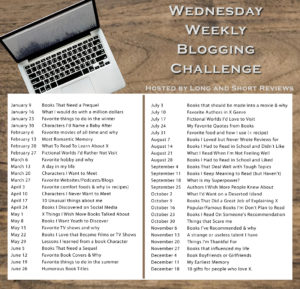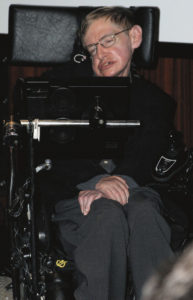
Hosted by That Artsy Reader Girl
 While all of my book reviews on this blog are about the speculative fiction genre, I read many other genres as well.
While all of my book reviews on this blog are about the speculative fiction genre, I read many other genres as well.
Nonfiction is a particular favourite of mine. It’s exciting to learn about everything from prehistory to astronomy to the latest medical breakthroughs in books.
Here are ten bookish quotes about science.
“We are just an advanced breed of monkeys on a minor planet of a very average star. But we can understand the Universe. That makes us something very special.”
―
“The problem, often not discovered until late in life, is that when you look for things in life like love, meaning, motivation, it implies they are sitting behind a tree or under a rock. The most successful people in life recognize, that in life they create their own love, they manufacture their own meaning, they generate their own motivation. For me, I am driven by two main philosophies, know more today about the world than I knew yesterday. And lessen the suffering of others. You’d be surprised how far that gets you.”
―
The scientist is not a person who gives the right answers, he’s one who asks the right questions.”
―
“Not only is the Universe stranger than we think, it is stranger than we can think.”
― Across the Frontiers
“Questions you cannot answer are usually far better for you than answers you cannot question.”
― 21 Lessons for the 21st Century
“We can only see a short distance ahead, but we can see plenty there that needs to be done.”
― Computing machinery and intelligence
“I penetrated the outer cell membrane with a nanosyringe.”
“You poked it with a stick?”
“No!” I said. “Well. Yes. But it was a scientific poke with a very scientific stick.”
― Project Hail Mary
“In what terms should we think of these beings, nonhuman yet possessing so very many human-like characteristics? How should we treat them? Surely we should treat them with the same consideration and kindness as we show to other humans; and as we recognize human rights, so too should we recognize the rights of the great apes? Yes.”
―
“The more clearly we can focus our attention on the wonders and realities of the universe about us the less taste we shall have for the destruction of our race. Wonder and humility are wholesome emotions, and they do not exist side by side with a lust for destruction.
{Speech accepting the John Burroughs Medal}”
―
“It takes a fearless, unflinching love and deep humility to accept the universe as it is. The most effective way he knew to accomplish that, the most powerful tool at his disposal, was the scientific method, which over time winnows out deception. It can’t give you absolute truth because science is a permanent revolution, always subject to revision, but it can give you successive approximations of reality.”
―
If you’ve read any great books about any branch of science lately, I’d love to hear about them!


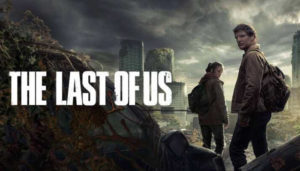 My favourite pieces of media can shift a lot over time, but I will follow the rules and only give one answer this week. 😉
My favourite pieces of media can shift a lot over time, but I will follow the rules and only give one answer this week. 😉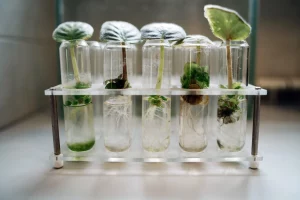 Back in May I dreamed that I was standing in a laboratory watching scientists work. I may have been a scientist, too, although the dream logic wasn’t very clear on that.
Back in May I dreamed that I was standing in a laboratory watching scientists work. I may have been a scientist, too, although the dream logic wasn’t very clear on that. I’ve mentioned my interest in science in previous posts here. There’s nothing like finding new books about various branches of science that were written for people who are not experts on the topic.
I’ve mentioned my interest in science in previous posts here. There’s nothing like finding new books about various branches of science that were written for people who are not experts on the topic.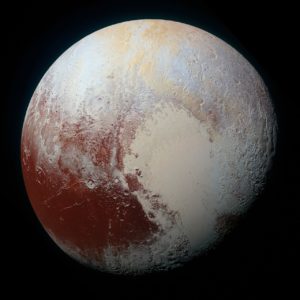 How I Killed Pluto and Why It Had It Coming
How I Killed Pluto and Why It Had It Coming Is anyone else fascinated by neuroplasticity? It’s been a while since I read this, but I do recall being surprised by how much the human mind can adapt when accidents, injuries, or other issues cause damage to it.
Is anyone else fascinated by neuroplasticity? It’s been a while since I read this, but I do recall being surprised by how much the human mind can adapt when accidents, injuries, or other issues cause damage to it.